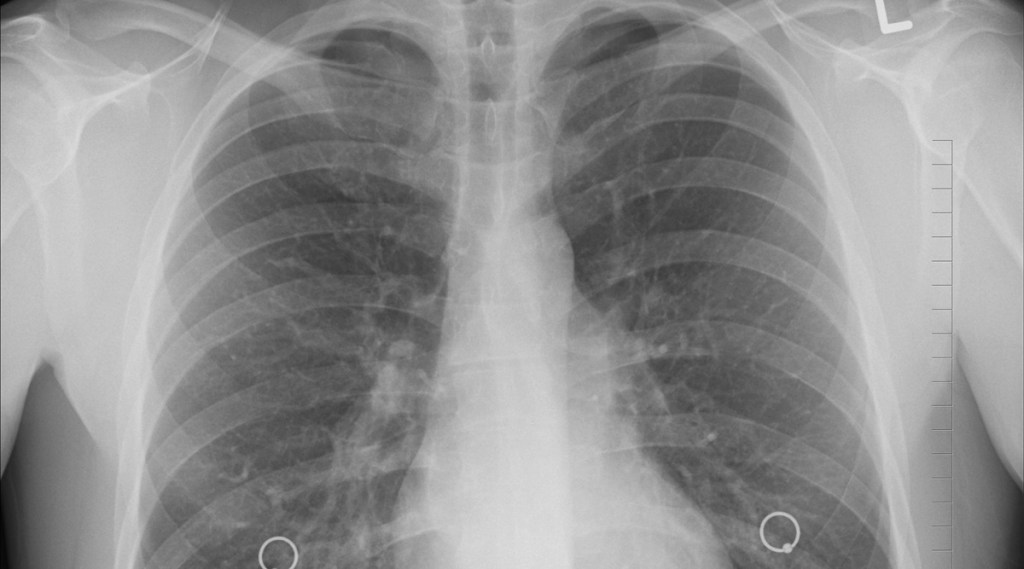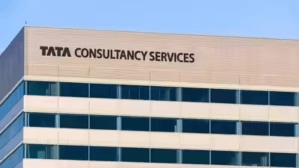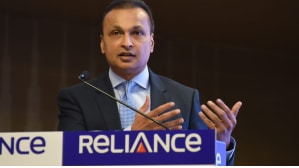Daiichi Sankyo Co. plans to file for US approval of its novel lung cancer drug by the end of March after the medicine showed a benefit in patients with advanced disease.
Patritumab deruxtecan was given to non-small cell lung cancer patients who had seen their cancer progress despite extensive previous treatment efforts.
About 30% responded to the drug in the mid-stage trial, according to a presentation at the World Conference on Lung Cancer held in Singapore.
“These are the patients who have basically no standard of care treatment options,” Ken Takeshita, global head of research and development for Daiichi Sankyo, said in an interview on Monday. “It’s a very important advance for those patients.”
The positive results represent the first step for the drug, he said. Daiichi plans to expand the program to test it earlier in the disease and in patients with other types of cancer, he said.
Lung cancer is the world’s most deadly type of tumor, accounting for about one in five deaths, according to World Health Organization. In 2020, about 2.2 million people were diagnosed with it, mainly the non-small cell variety.
Currently available therapies offer limited benefit if the cancer progresses after chemotherapy and treatment that targets a growth-related gene called EGFR. Patients who fall into that category need new approaches to improve their outcomes, the company said in a statement.
If approved, the first-in-class drug will add to Daiichi Sankyo’s cancer portfolio – helmed by the best-seller Enhertu – and boost its position in the global market. The Japanese company plans to sell the medicine without a partner to boost profitability, in contrast to Enhertu, which it sells with AstraZeneca Plc.
Both patritumab deruxtecan, also known as HER3-Dxd, and Enhertu belong to an emerging class of medicine called antibody drug conjugates. The ADC compounds are designed to attack cancer cells without damaging the surrounding healthy ones.








